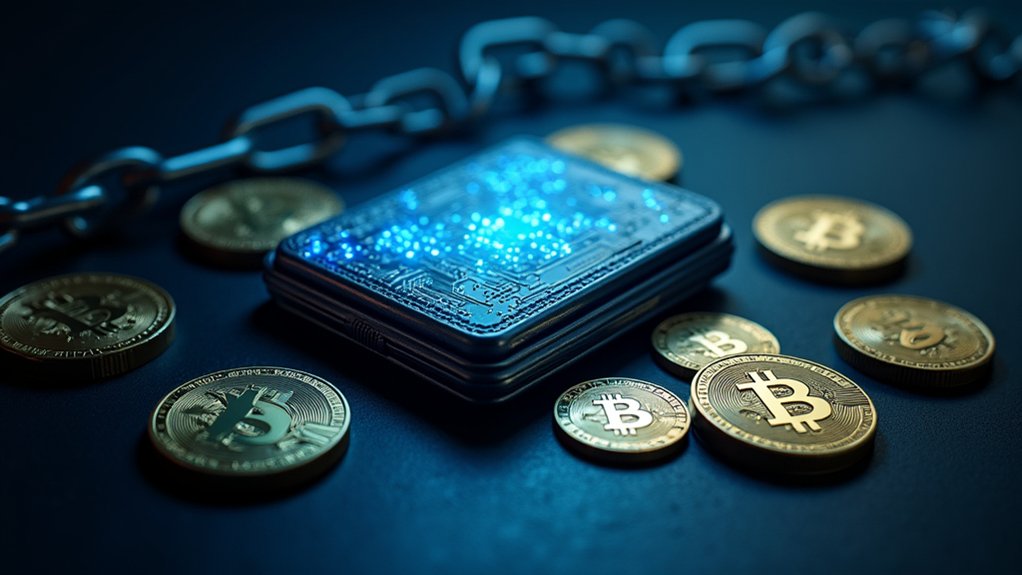Have you ever wondered what it would be like to hold money that no bank can touch, no government can freeze? Imagine a digital wallet humming on your phone, invisible to prying eyes, its value tied to complex codes rather than paper or gold. Cryptocurrency offers this wild, almost sci-fi promise—a currency free from the iron grip of central banks. It’s a rebel in the financial world, operating on a decentralized network, untouched by government meddling or manipulation. Yet, there’s a catch, isn’t there?
Picture this: no single point of failure. Unlike traditional banks, where one glitch can lock you out, crypto spreads its risk across countless computers. It’s like a treasure map split into a million pieces—good luck stealing it all! Some cryptocurrencies even guard against inflation with strict supply limits, a stark contrast to governments printing cash like it’s confetti at a parade. Transactions settle in minutes, often faster than traditional methods. The scent of freedom is palpable, a digital breeze against the stale air of old-school finance. Plus, with over 21,000 cryptocurrencies created since Bitcoin’s debut, diversity in options is staggering. But wait—can something so untamed be trusted?
Here’s the flip side, whispered with a smirk by skeptics at the coffee shop: it’s a Wild West out there. No overseer means no safety net. Lose your digital key? Poof, your fortune’s gone, no customer service to call. And while it dodges government control, it can’t dodge hackers lurking in the shadows of the internet. The irony stings—seeking freedom, yet chained to tech’s vulnerabilities. For maximum security, experts recommend storing your assets in hardware wallets, which keep your digital wealth safely offline and away from cyber threats.





